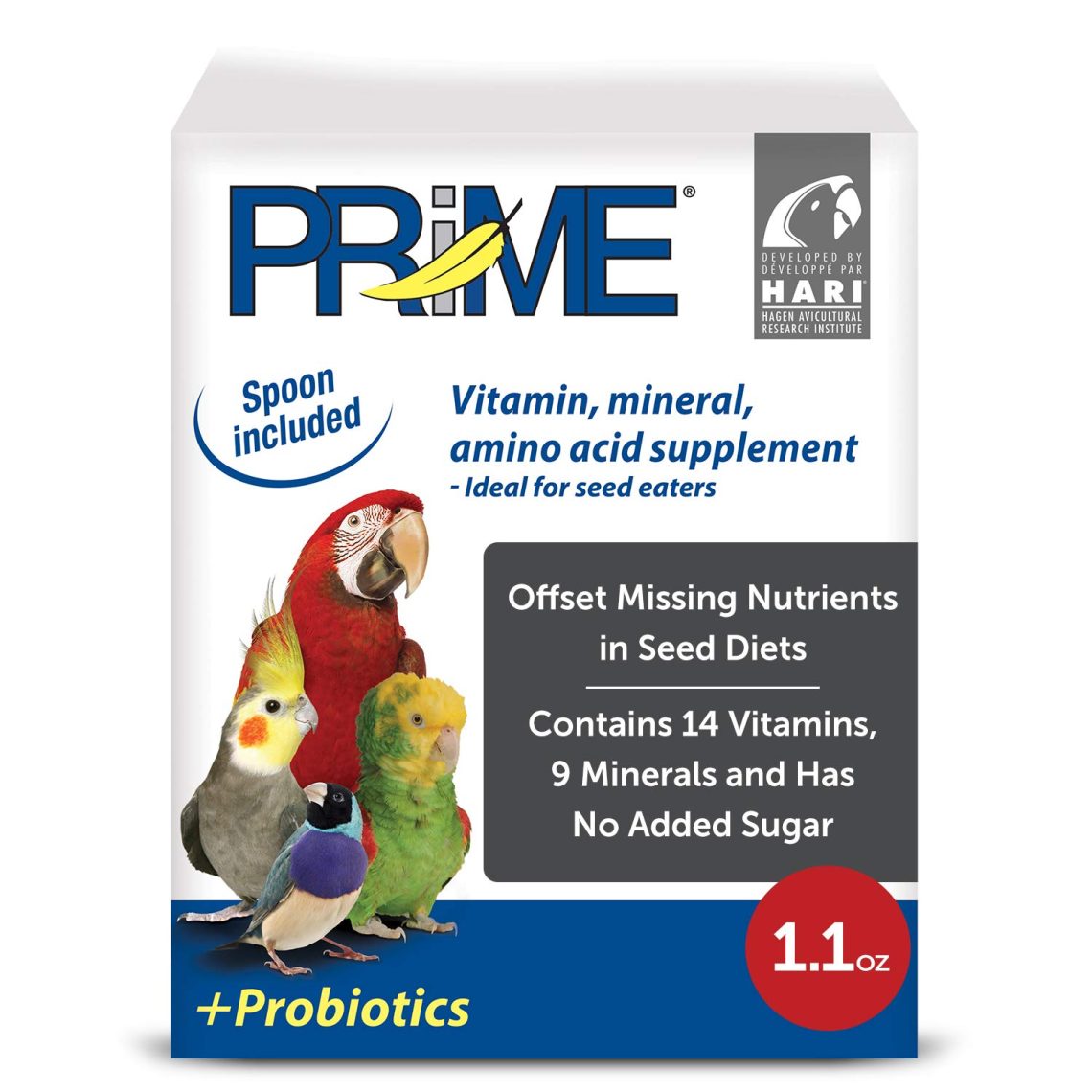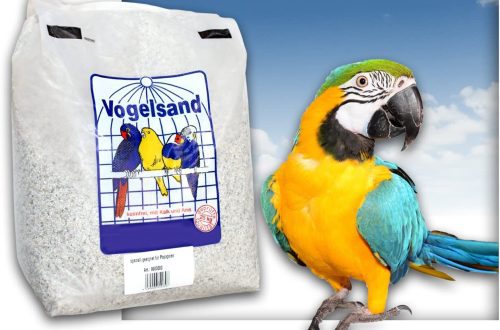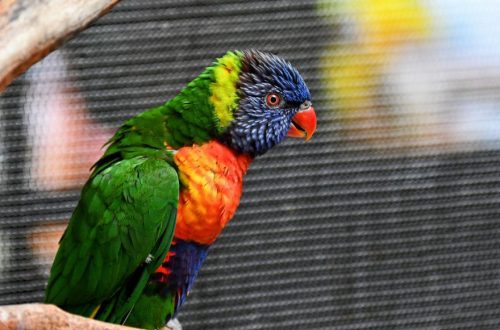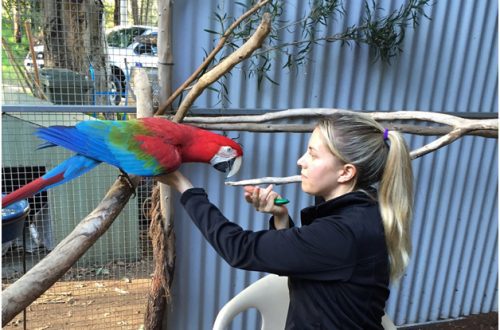
Витамини и минерални додатоци за папагали
For a parrot to feel good, he must always have access to mineral components. Food does not contain all the necessary substances, because the need for mineral salts, for example, can increase 3 times during molting! What can we offer a parrot?
Parrot needs vitamins and minerals
содржина
sand for parrot
The digestive system of parrots is designed in such a way that the body is not able to digest food on its own, and small pebbles and sand are necessary for normal functioning. Their task is to mechanically grind food in the muscular part of the stomach. Result: food is crushed and better broken down by enzymes. If the parrot does not have sand in the cage, the digestive system is disrupted, and you will find undigested grains in the litter.
Ordinary river sand often serves as a “hotbed” of parasites and diseases. Therefore, it is better to play it safe and buy special sand at the pet store.
The container with sand must be placed in the cage so that the bird cannot pollute it with droppings.
Chalk for a parrot
Chalk is 37% calcium, which means it strengthens bones, and during nesting it also forms eggshells. Chalk is given both crushed (added to the sand) and in the form of a briquette (attached to the cage lattice). give your feathered friend building chalk or chalk for rodents: the first contains harmful impurities, and the second is salt. Both are poisonous to birds.
Sepia for parrot
Sepia is a “product” from the cuttlefish shell, containing approximately 37% calcium. It is perfectly absorbed by the body of the bird.
Egg shell for a parrot
It is a valuable storehouse of phosphorus, calcium, iron, magnesium and sulfur. The shell is both added to the sand and served in a separate feeder.
Bone meal for parrot
From it the bird “extracts” phosphorus and calcium. Bone meal is added to sand or wet food. It is especially useful to give flour during molting, because it provides the body with salts indispensable for feather formation.
Glycerophosphate and calcium gluconate for parrot
1 tablet of calcium gluconate contains 0,5 grams of this substance, and calcium glycerophosphate contains an additional 88% of organic phosphorus. You can buy these drugs at ordinary pharmacies. Tablets of 0,5 grams are enough to provide the daily need for phosphorus and calcium for a pair of budgerigars. The drugs are crushed into powder and offered to pets every other day. The powder is added to the feed mixture or to the sand.
If the bird is severely malnourished, sheds, feeds chicks, or suffers from rickets, the “issue rate” is increased to 1 tablet per day.
Charcoal for a parrot
This substance is made as follows: birch wood is burned to form coal. The substance contains calcium, phosphorus, sulfur, iron, boron and many other trace elements. Charcoal is ground to a powder state and given together with eggshells or sand. Charcoal absorbs heavy metal salts, poisons and harmful gases, and then removes them from the body.
Vitamins for a parrot
In autumn and winter, parrots are in dire need of vitamins, because there are almost no vegetables, fruits and greens. Vitamins are also needed when the bird is shedding or sick.
There are a number of rules for choosing vitamins:
- Choose only trusted manufacturers, give up dubious brands.
- Immediately check the integrity of the package and the expiration date.
- Ask the seller all your questions.
- Do not get carried away with vitamins too much: follow the instructions regarding the dosage and duration of the course.
- An open vial is usually stored for a maximum of 1 month, and then replaced with a new one.
Honey or lemon juice can serve as a vitamin supplement. 2 – 3 drops of lemon juice can be added to the drinker. It is a valuable source of carbohydrates, protein, organic acids, dietary fiber, vitamins C, E, PP, group B, as well as minerals: calcium, potassium, magnesium, sodium, zinc, copper, phosphorus, iron, manganese, boron, fluorine, sulfur , molybdenum, chlorine. Not every juice can “boast” of such wealth! Lemon juice is involved in redox processes and strengthens even the smallest vessels. Honey is also added to the drinker (3-5 drops per 100 ml). It is a great source of vitamins and also a laxative that can help with intestinal blockages.







